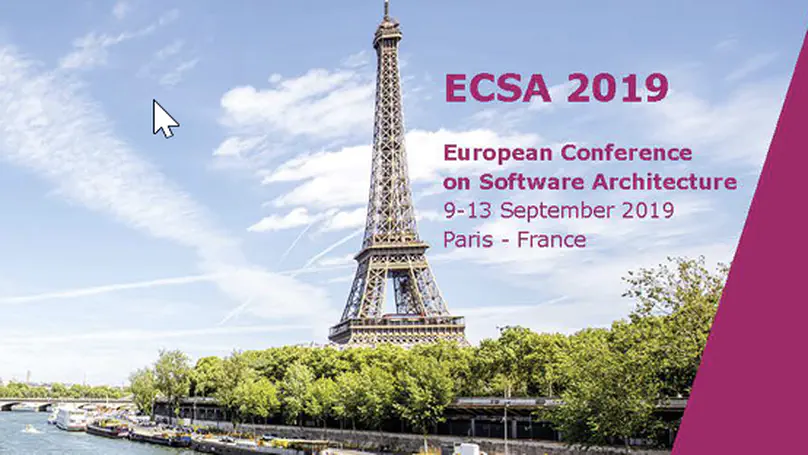Emilia Cioroaica
Researcher, Dancer, Artist
Fraunhofer Institute for Experimental Software Engineering
Biography
Emilia Cioroaica is a Ph.D. researcher with Fraunhofer IESE in the SAF, Safety department in collaboration with the Technical University of Kaiserslautern, Kaiserslautern, Germany in building trust in ecosystems and ecosystem components with a particular focus on the virtual evaluation of system behaviors in simulated environment. During her Ph.D. she developed a method of building trust in software components received as black boxes within an ecosystem and which can potentially contain malicious behavior, without executing their behavior, but by executing their digital twins instead. Her research interests include virtual evaluation of system behaviors in simulated environments, trust-building mechanisms, safety, and security of embedded systems.
European Master, Software Engineering, 2013
Universidad Politécnica de Madrid
European Master, Software Engineering, 2012
Free University of Bozen - Bolzano
Bachelor, Computers and Information Technology, 2011
Universität Duisburg-Essen
Bachelor, Computers and Information Technology, 2010
Facultatea de Automatica, Calculatoare si Electronica, CraiovaFacultatea de Automatica, Calculatoare si Electronica, Craiova
Experience
Featured Publications

With progressing digitalization and the trend towards autonomous computing, systems tend to form digital ecosystems, where each autonomous system aims at achieving its own goals.
Within a highway ecosystem, for example, autonomous vehicles could deploy smart agents in the form of software applications. This would enable cooperative driving and ultimately formation of vehicle platoons that reduce air friction and fuel consumption. In the smart grid domain, software-defined virtual power plants could be established to enable remote and autonomous collaboration of various units, such as smart meters, data concentrators, and distributed energy resources, in order to optimize power generation, demand-side energy and power storage. Effective collaboration within these emerging digital ecosystems strongly relies on the assumption that all components of the ecosystem operate as expected, and a level of trust among them is established based on that.
In this paper, we present the idea of trust-based digital ecosystems, built upon the concept of a digital twin of this ecosystem, as a machine readable representation of the system and a representation of goals and trust at runtime. This creates demand for introducing a reference architecture for trust-based digital ecosystems that would capture their main concepts and relationships. By modeling the goals of the actors and systems, a reference architecture can provide a basis for analyzing competitive forces that influence the health of an ecosystem.
